232 – Veterinary Voice: Nutritionally Mediated Dilated Cardiomyopathy
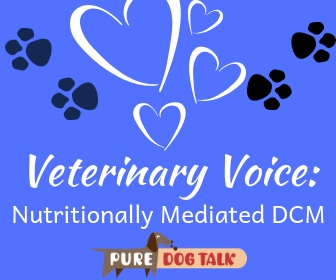
Dog Food and Dilated Cardiomyopathy (DCM)
The UC Davis Cardiology Service has developed this document in response to the alerts from the FDA. These alerts identify an associated risk for some grain-free diets containing certain ingredients (legumes like peas, pea components, lentils; white potatoes, sweet potatoes) and a diagnosis of dilated cardiomyopathy (DCM).
Taurine Test Results Are IN – and It’s Frightful
https://www.fda.gov/AnimalVeterinary/ResourcesforYou/AnimalHealthLiteracy/ucm616279.htm
What is Dilated Cardiomyopathy (DCM)?
DCM is a heart muscle disorder that results in weak pump function and heart chamber enlargement. In the early stages of this disease, pets may appear totally healthy with no apparent clinical signs. Later in the course of this disease, dogs may have a heart murmur, an arrhythmia (irregular heartbeat), collapse episodes, weakness or tiredness with exercise, and even trouble breathing from congestive heart failure. While there are some breeds of dogs (like Dobermans) that have a genetic predisposition to the development of DCM, there are also nutritional factors that may result in this disease.
What should I do?
If you are feeding a diet of concern based upon the FDA alert we recommend that you consult with us or a veterinary cardiologist. UC Davis provides 4 general points for guidance below:
- An initial step is to consider whether you are willing or interested in performing additional testing to assess whether your pet is affected with DCM. If you believe your dog is at risk, showing any of the aforementioned clinical signs or would prefer to simply rule out any heart disease, we recommend that you first have your pet’s taurine levels tested as well as seek an echocardiogram by a board-certified veterinary cardiologist. Low taurine levels are associated with development of DCM in dogs and are sometimes a component of this current issue. Test results from dogs in our practice range from 181-347 nMol/ml. The low end is close enough to “at risk” to have us start taking action – changing diets and adding taurine.
Information on taurine testing can be found here: https://www.vetmed.ucdavis.edu/labs/amino-acid-laboratory
- At this time, diet change is recommended when possible and should be considered regardless of the results obtained from any testing. You can consult with us in selecting a new diet that avoids the ingredients of concern listed by the FDA. When selecting this diet, we recommend that you choose a diet that is manufactured with rigorous quality control measures and research behind the formulation. A way to ensure that your diet meets these recommendations is to follow the following guidelines that were generated by a large number of the world’s leading experts in veterinary nutrition. We recommend Hill’s Science Diet, Royal Canin/Iams and Purina. These companies have been producing dog food since the 1940s and do feeding trials on their food. Many newer companies only do AAFCO testing and don’t have a track record of successfully feeding dogs and cats for 70 years.
Food selection guidelines found here:
https://www.wsava.org/WSAVA/media/Arpita-and-Emma-editorial/Selecting-the-Best-Food-for-your-Pet.pdf
- If your pet is identified through testing to have a low blood taurine level or evidence of DCM by echocardiogram, we urge you to report this information to the FDA.
FDA reporting guidelines found here: https://www.fda.gov/AnimalVeterinary/SafetyHealth/ReportaProblem/ucm182403.htm
- Work with us to determine the best course of action and medical treatments if indicated. In the case of a DCM diagnosis, diet change alone may not be sufficient and additional medications may be prescribed. The current recommendation is to add GNC’s Taurine 500 mg tablets – at a dose of 1 tablet twice a day – for the next 3 to 6 months or 1000 mg twice a day for giant breed dogs.
Please continue to monitor the FDA website, www.veterinaryvillage.com and the UC Davis School of Veterinary Medicine Newsfeeds for updates and recommendations regarding this issue.
| Whole Blood nMol/ml | Whole Blood nMol/ml | |
| Normal Range | No known risk for deficiency | |
| Dog | 200-350 | >150 * |
| Cat | 300-600 | >200 * |
*Please note with recent increase in the number of dogs screened for taurine deficiency, we are seeing dogs with values within the reference ranges (or above the “no known risk for deficiency range”) yet are still exhibiting signs of cardiac disease.
Our Valued Corporate Sponsors:
Our Esteemed Advertisers:
Our In-Kind Supporters:
KNOWLEDGE IS POWER — FRANCIS BACON
When you become a patron of Pure Dog Talk you’ll tap into an exclusive community of experts to help you and your dog be blue-ribbon best at whatever you do with your purebred dog! Your support helps keep the MP3's rolling at Pure Dog Talk!
As a supporter, you’ll immediately gain access to the weekly Pure Pep Talk SMS, Pure Pep Talk private Facebook group, and priority emails. Patrons can choose to level up to the After Dark Zoom and a Patrons Digital Badge for their website— even a private counseling session with Laura on any topic.

DON'T MISS AN EPISODE!!


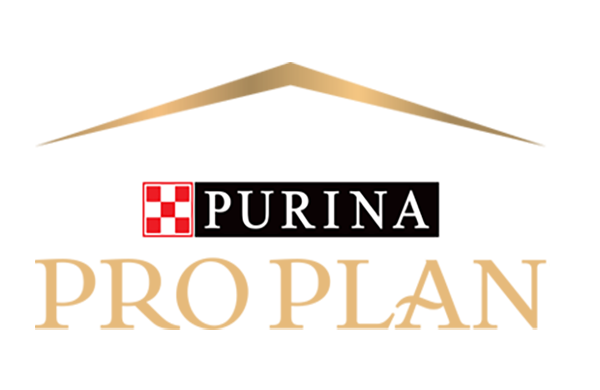




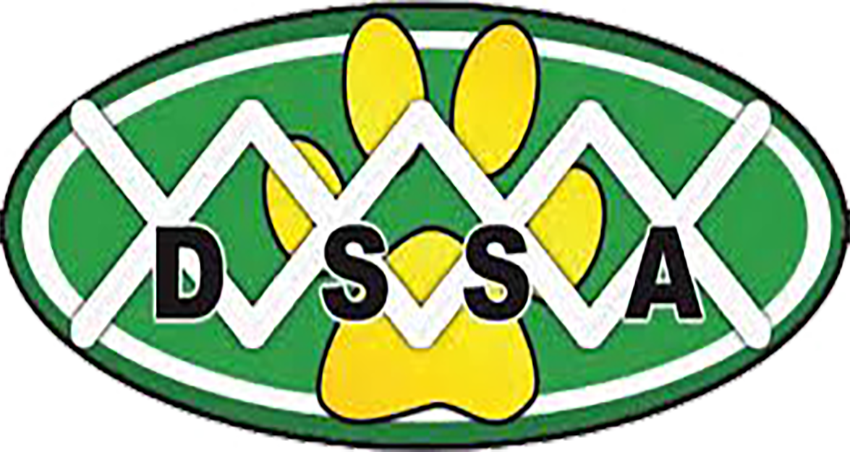

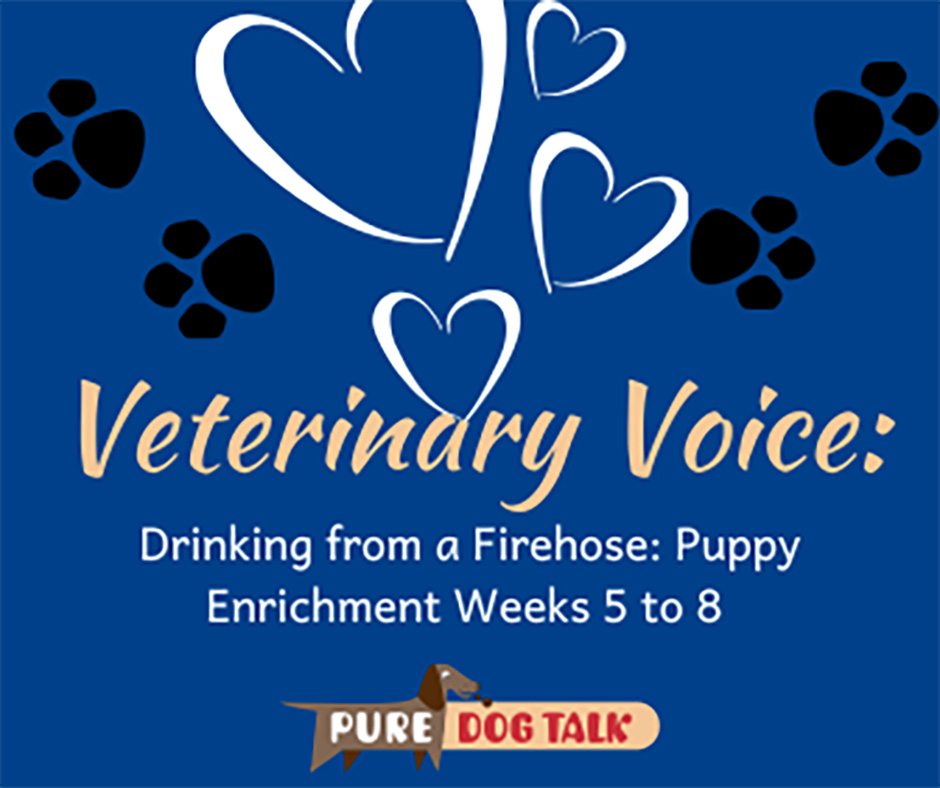
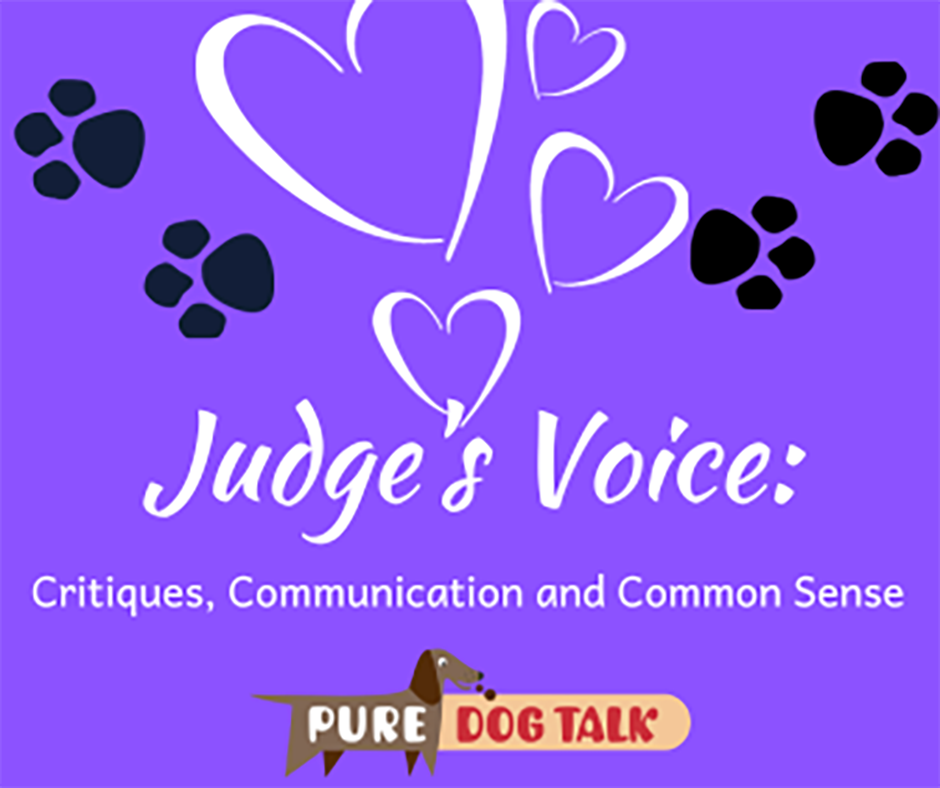


Some seriously INCORRECT facts here. So disappointed that rumors and not facts are being spread. Raw has NOT been linked.
Hi Saundra. The information provided by Dr. Greer suggests otherwise. Based on the data, I suspect it depends on the specific feeding protocol and ingredients.
Hi Saundra those feeding raw without consulting a nutritionist are being affected with this disease ..it’s about proper formulation in all foods
We are changing dog foods because the Purina we are on contains soy. In reading contents of many dog foods I have not found one that does not contain any of the following: corn, soy, oats, flax seed, all pea products – Fromm and Blue Buffalo seem the closest. Agree or suggestions please?
Purina ProPlan Sensitive Skin & Stomach and Turkey/Barley are foods I feed and have none of those ingredients.
We feed royal canin and have had amazing results in our puppy and our senior dog ..more energy than ever.. I think we need to stop reading ingredients we would like to stay away from ..the brands that do digestibility testing and research need to be at the forefront ..here is a link to a group on Facebook run by veterinary professionals with a ton of information
https://taurinedcm.org/
Does Fromm whitefish and potatoe have any issues with cardiac issues due to taurine. Has any of the Fromm food with green had any problems with the DCM cardiac problems. I have heard on other websites that dog food from from including with grain is having an issue please advise